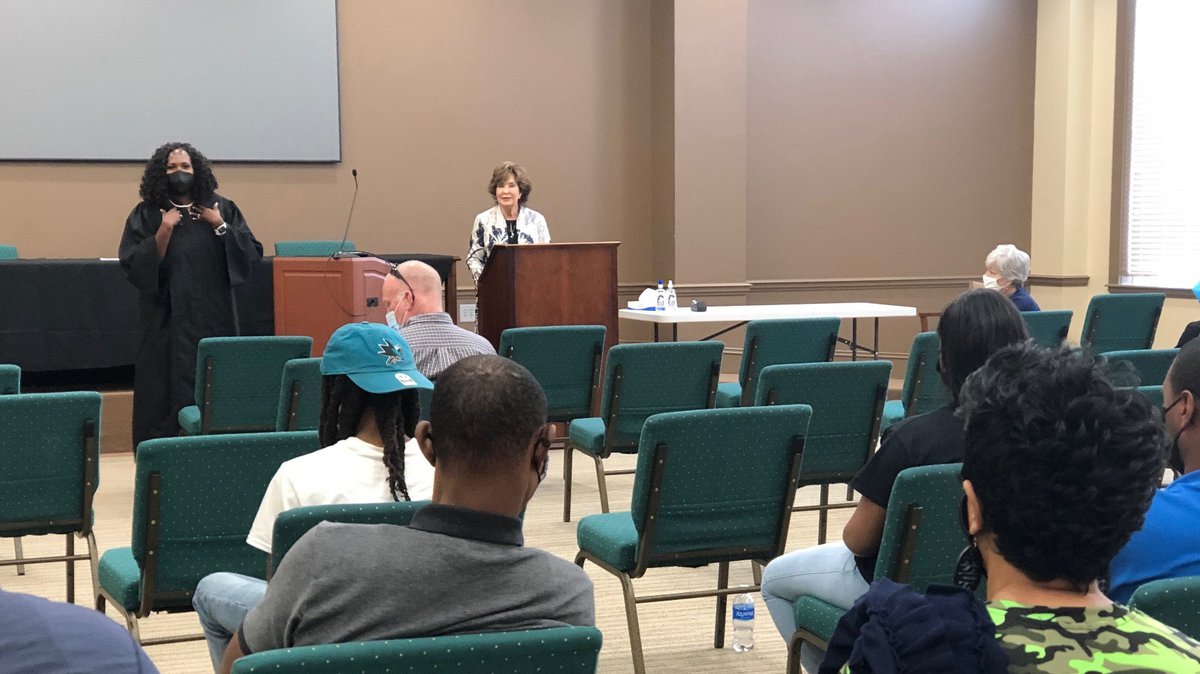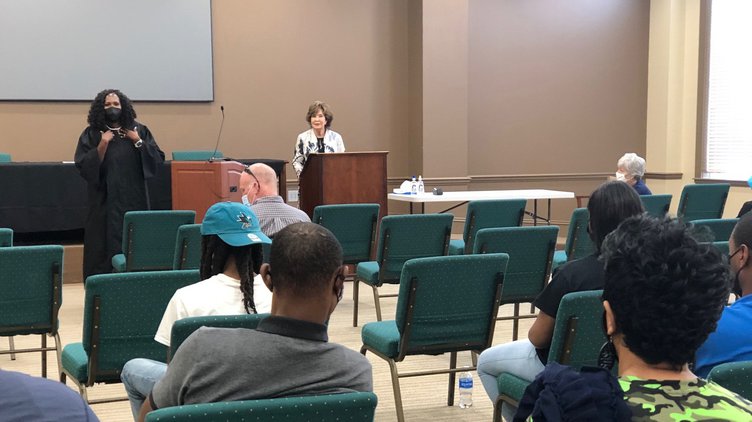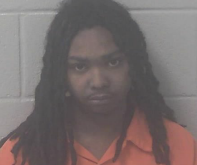The Newton County Clerk of Courts office contacts residents who are called for jury duty and gives potential jurors instructions.
One job it does not have: Choosing the individuals who will be called for jury duty.
Some Newton residents recently complained they had never been called for jury duty despite living in the county for decades, in some instances, and being willing to serve.
One resident commented to The Covington News recently on its Facebook page that he had been called for jury duty once in 60 years in Newton County, while another said she had never been called despite living in the county most of her life and being called three times in a neighboring county.
However, Newton County Clerk of Courts Linda Hays said her office does not choose the individuals who will be called to serve.
Hays said a computer program overseen by an outside vendor randomly selects names of potential jurors and sends the names to her for notification of those selected.
In fact, selection of potential Newton County jurors begins with a random selection of potential jurors statewide.
The Council of Superior Court Clerks of Georgia takes the list of those with valid driver’s licenses and voter registrations, among other information, and removes those who should legally be excluded or recently moved outside the county or state.
It then compiles the state source list of those who are eligible in Georgia, divides it into 159 county master jury lists and sends them to the individual Clerks of Court in every county.
The Newton County names are then downloaded into a computer program and a third-party vendor, MicroPact, uses it to randomly select eligible Newton residents to comprise the county’s jury “venire,” or pool of prospective jurors.
Hays said Newton County has 89,417 residents on the jury master list for 2021.
The vendor’s computer program assigns each potential juror a number between one and 89,417. It then chooses the first jury pool by choosing numbers at random and locating those assigned to the numbers, Hays said.
It selects subsequent jurors by choosing a number between one and 89,416, then between one and 89,415, and so on until a pre-selected total of potential jurors is met.
The vendor then sends the final list to Hays’ office for notification of potential jurors, she said.
For the week of April 12, Newton County summoned 150 for the jury pool. A total of 53 appeared and 20 were placed on a call list as alternates, Hays said.
A total of 11 were sent notices about failing to appear and given chances to respond, she said. If they did not respond after being notified a second time, a sheriff’s deputy notifies them in person they must appear before a judge to explain their absence, she said.
The remaining 55 who were summoned were determined by Hays’ office to have legal deferrals, meaning they were excused based on a variety of factors, Hays said.
Factors can include health, mental or physical disabilities, service as a caregiver, or active military service.
They also can include being above 70 years old or having child care issues, Hays said.
Potential jurors who have such issues as an illness, death in the family, vacation plans or a new job can defer their jury service to another term but still must serve, she said.
THE JURY BOX
Until 2011, Georgia was the last state that required a local jury commission to create a jury pool that represented a fair cross-section of the local demographic makeup, such as race and gender.
The commissioners based their jury pool “balancing” on federal census numbers that could be up to a decade old and not account for changes in a county’s demographic makeup.
Names were then placed in a box and the judge of each court needing jurors would choose names from the box of those who would be called, according to state law at the time.
By 2011, that system faced increasing scrutiny — especially as counties like Gwinnett and Cobb saw their populations grow rapidly and become more diverse in the 1990s and 2000s.
The Georgia General Assembly and Gov. Nathan Deal then changed the system when they approved the Jury Composition Reform Act of 2011.
The law was designed to expand the local jury pool and eliminate any chance for discrimination by placing every eligible resident in the mix.
It also placed the Council of Superior Court Clerks in charge of creating and maintaining a statewide master source list of potential jurors, according to information from the Georgia Bar Association.
The law gave the Council the authority to ask the Department of Driver Services (DDS) and the Georgia Secretary of State to provide voter registration records for both active and inactive voters; and the lists of all who hold valid or expired driver’s licenses or state-issued personal ID cards.
The lists provide the name, address, date of birth, gender and any racial and ethnic information DDS collected, according to the state bar association.
The 2011 law also gave the Council authority to ask other departments for the names of those who should legally be excluded, including felons whose civil rights have not been restored; and state residents declared mentally incompetent.
In 2012, the Georgia Supreme Court adopted its Jury Composition Rule which — together with the 2011 law — established the new jury process, according to information from the clerks council.





